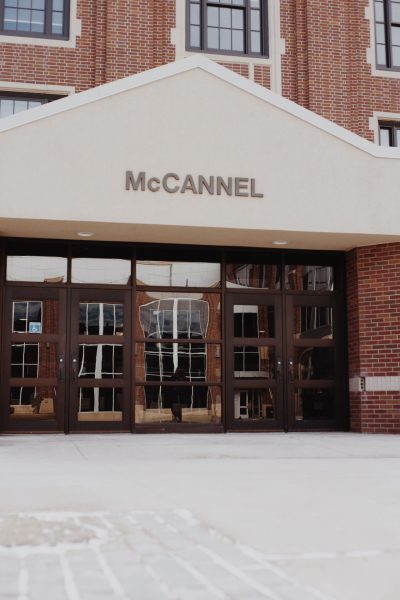Long term effects of a short oil boom
The days of paying less than $30 per barrel for oil could be long gone, and although North Dakota suffered through one of the worst budget shortfalls ever, we have learned a lot from the process.
As a state, one thing we can learn from is our mistake of overspending 60 to 70 percent more than the previous biennium budget. When our state government indulges in the boom times of rising prices, it puts higher education funding at risk and prioritize infrastructure improvements that could wait a year or two.
The Great Recession of 2008 should have taught us a couple of things about risk. The first is to understand that if we are thriving in high prices, the high must end. This is also a basic rule of gravity even four-year-olds know: What goes up must come down.
Before the recession, the housing market grew into a bubble and many Wall Street investors bet on it never coming down. Since we understand the implications of this recession, we should be able to draw a parallel with our speculation on oil prices.
The other lesson we could have learned about risk is the need to diversify, even in the face of rising prices and booming, record-high state revenues. The billions and billions tied to bad mortgage loans showed an ugly, greedy desire to bask in short-term profits, rather than being careful and well invested in the long term with many different markets. North Dakota could generate revenue in other energy sectors in case oil prices drop below the previously mentioned $30 per barrel.
We simply cannot rely on collecting more than 30 percent of our state revenue from oil, depending on its price to conveniently fit tightly to the models we have created. If we cannot divest enough from oil, then we must forecast our budget as conservatively as possible, assuming the worst for our oil price range.
With athletics, extracurricular programs, and entire academic programs on suspension, the need to be cautious and conscientious moving forward is extremely necessary. One must wonder if our state government could consider passing measures to prohibit future cuts to higher and primary education spending. The North Dakota Office of Management and Budget should be smarter moving forward. The temporary boom in spending that was so necessary a year or two ago is now having long-term consequences on current and future students.
Education spending is the most valuable piece of spending in the budget, causing a multiplier effect economically by placing citizens in position to enter the middle class and spend hard-earned income and taxes on the state. Our citizens reward education expenditures by productively utilizing knowledge and human capital to continue building one of the most thriving economies in the Midwest and the United States.
Education is the foundation that we build on for the future, and it doesn’t matter what you study. We all gain from the effectiveness of higher education.
Nelson Mandela once said “education is the most powerful weapon we can use to change the world.” Maybe we should start listening to the greats.
Zach Flaten is a columnist for The Dakota Student. He can be reached at [email protected]











